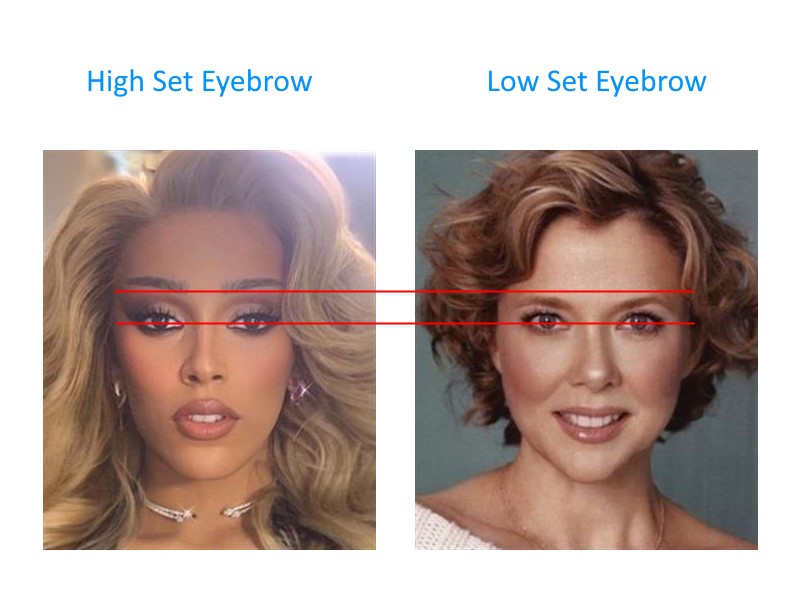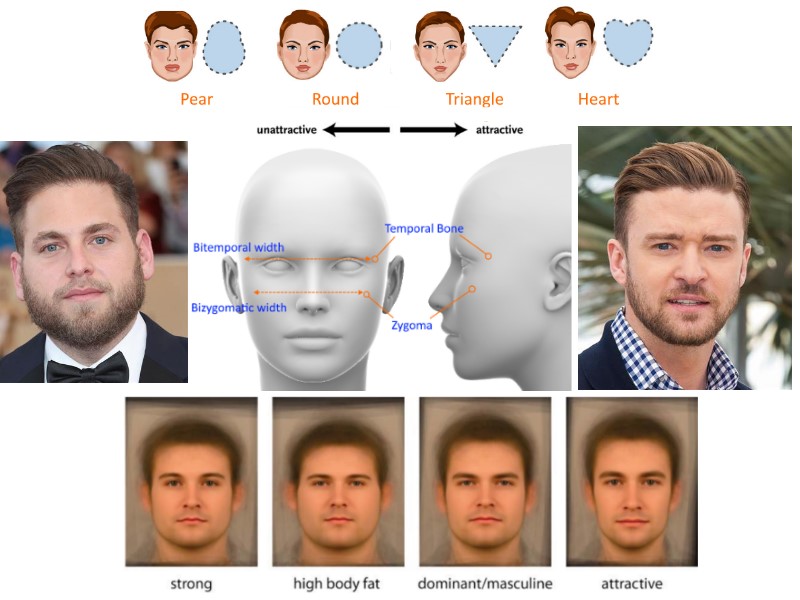Do you need any new features in PinkMirror? Please request it in the comments here. More the number of requests, more the chance to get it implemented Current Open Requests Feature Name Number of Requests Current Status Slimming of face 1 removing double chin 1 widening eyes 1 slimming nose 1 softening undereye hollows 1 […]
What is my Lip Shape
The uniqueness of each person’s lips is as distinct as their fingerprint, with an exclusive combination of grooves, wrinkles, shapes, and sizes that belong to them alone. Makeup experts have pinpointed nine prevalent characteristics, yet it’s common for individuals to possess a composite of two or three distinct lip shapes. For instance, one might have […]
What is my Nose Shape
Different nose shapes that people can have Straight or Roman nose – This type of nose is fairly straight and has a defined bridge. Round nose – A round nose is characterized by a curved, rounded tip. Button nose – A button nose is small and slightly upturned, resembling a button. Hawk or aquiline nose […]
What is my Eye Shape
Eye Shape Round Eyes: Large and circular, with a visible white area around the iris. Almond Eyes: Characterized by a visible iris touching both the top and bottom eyelids with a slightly upturned outer corner. Narrow Eyes: Eyes that are more elongated and less tall, giving a narrower appearance. Eyelid Shape Double Eyelid: Characterized by […]
What is my Eyebrow Shape
Different eyebrow shapes that people can have. Straight eyebrows – Straight eyebrows are fairly straight and follow a smooth, horizontal line. Curved eyebrows – Curved eyebrows have a subtle arc or curve to them. Round eyebrows – Round eyebrows are characterized by a full, rounded shape. Angled eyebrows – Angled eyebrows have a sharp, angled […]
Believe it or not, scientific studies find facial fat deposits are one of the strongest determinants of attractiveness in a female face. Reduced levels of fatty deposits in the face can signal “health, youth and status” (Thornhill & Grammar, 1999). Researchers from the University of Pretoria and Sefako Makgatho Health Science University in South Africa […]
Believe it or not, scientific studies find facial fat deposits are one of the strongest determinants of attractiveness in a male face. “The relationship between facial cues and perceptions of health and attractiveness in others plays an influential role in our social interactions and mating behaviours.” (Jager et al, 2018). These researchers describe that “facial […]
Read more about Olivia Wilde’s Facial Aesthetics in the below link.https://pinkmirror.com/person/Olivia-Wilde

Summary A high eyebrow type is considered more attractive than a low eyebrow type among females. In a study, subjects from various age groups ranked high eyebrows as the most attractive, with low eyebrows receiving the least preference. According to a study, highly set eyebrows are associated with female features. Two studies confirm that high-set […]

Summary A larger bi-temporal width in comparison to bi-zygomatic width is considered attractive among males. A study reported that an attractive male face was found to have a longer, more dolichocephalic shape compared to strong, dominant, and masculine-rated men. Unattractive faces often featured a rounded lower face, a vertically stretched chin region, and horizontal compression […]